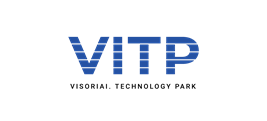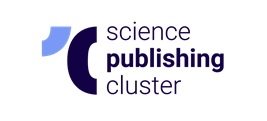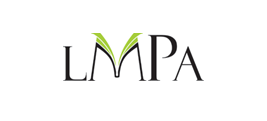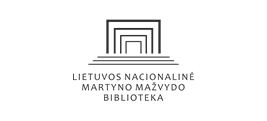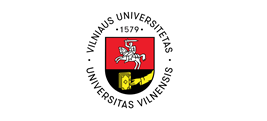The Visoriai Information Technology Park, the Science Publishing Cluster together with The Association of Lithuanian Serials, Vilnius University, and the Martynas Mažvydas National Library of Lithuania are continuing the event cycle designed for the scientific publishing community and now invite participants to take part in new digital seminars focused on the most advanced breakthroughs in global scholarly publishing. These lectures and seminars will emphasize the need to foster cooperation between scientific institutions (publishing houses) and science and business for developing and applying the most recent scholarly publishing solutions in the public sector.
This event cycle began with the Open Access Scientific Publishing Conference 2019.
Two internet seminars will be held, during which we will take an advanced look at the technologies and law regulations associated with increasing the dissemination of published materials.
Date: September 25, 2020
Topic: The Aspect of Copyrights in Developing Open Access
Moderated by Doc. Arūnas Gudinavičius (Vilnius University)
Event start
09:45 - 10:00 |
(Lithuanian time, EEST, UTC +3) Participants join the event channel |
10:00 - 10:10 |
Greeting the participants prof. habil. dr. Rūta Petrauskaitė (Vytautas Magnus University) |
Part I (held in English)
Speakers: Members of the Directory of Open Access Journals team: Managing Editor Sonja Brage and Operations Manager Dominc Mitchell
Abstract:
- Open acess statement
- Licence information
- Who owns the copyright?
- Some reasons why journal applications DOAJ are rejected
- Why being indexed in DOAJ is good for open access journals?
10:10 - 10:55 |
Essential information you must include when applying to DOAJ |
10:55 - 11:10 |
Discussion and questions |
11:10 - 11:15 |
Break |
Part II (held in English)
Speakers: Doc. Dr. Marija Stonkienė, expert on information law
Abstract: When we speak of open access, often the most emphasis is put on how access to works of sciense, litareture or art is rendered free. But is this trye essence of open access? What can users lagally do with works (objects of intellectual property) when they have “free access” to them? What is the lagal content of open access? What are the legal aspects of publishing practice associated with grantind open access? What subjects operate within the complex legal relationships pertaining to open access? Which legal issues are brought to light by granting open access in Lithuania?
11:15 - 12:00 |
Open access: from the planet Guterberg to the Thuringian galaxy |
11:55 - 12:10 |
Discussion and questions |
12:55 - 12:20 |
Conclusion of the 1st seminar |
